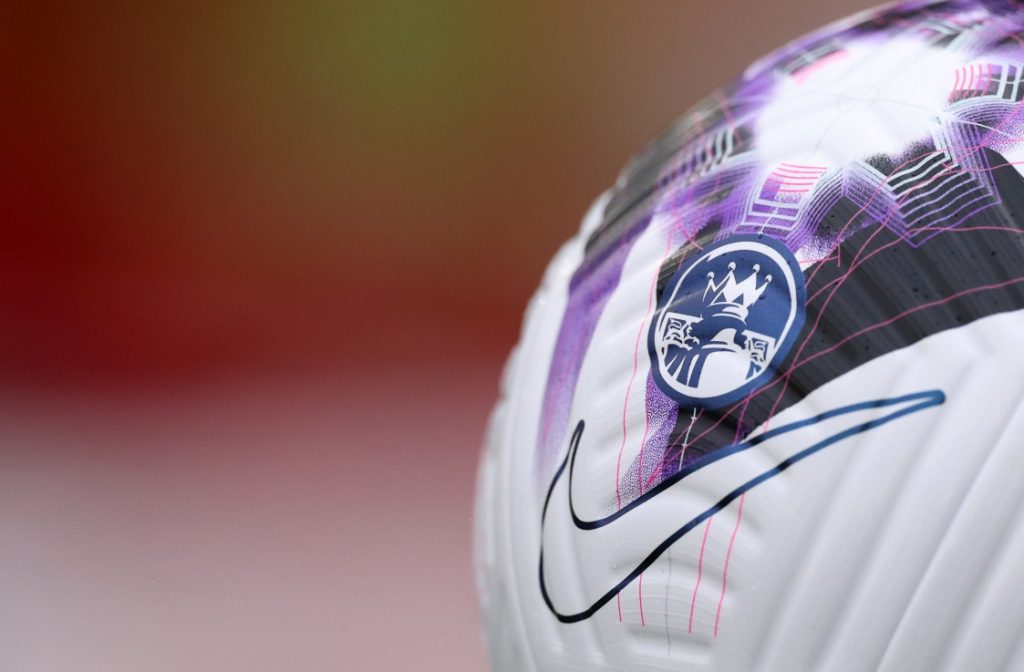The Premier League and the English Football League (EFL) have recommenced negotiations aimed at establishing a new financial redistribution agreement, bringing hope to a resolution after more than a year of deadlock. These talks mark a crucial development as both organisations strive to address the financial disparities between the top-flight league and its subordinate divisions.
Background and Stakes of the Negotiations
The dialogue between the Premier League and the EFL is driven by the need to recalibrate the financial distribution that supports the sustainability of lower league football clubs. Presently, EFL clubs benefit from over £500 million annually from the Premier League’s central media rights sales. However, in view of growing challenges and inflationary pressures, EFL clubs are seeking close to £1 billion, equating to 25% of the Premier League’s revenue, to better support their operational needs and development goals.
These talks, held in London, have been described as « robust », signalling a firm yet constructive environment for negotiation. Key figures such as Premier League Chief Executive Richard Masters and EFL counterpart Trevor Birch, alongside key executives from Premier League clubs like Arsenal, West Ham, Crystal Palace, and Brentford, as well as representatives from four EFL teams, have actively participated in the discussions.
The Role of the Football Governance Bill
The ongoing talks have coincided with the advancement of the Football Governance Bill, which is navigating its way through the House of Lords to the Commons. This legislation is pivotal as it seeks to create an independent football regulator endowed with the authority to enforce a financial settlement between the Premier League and the EFL should a mutual agreement remain elusive.
- The bill provides a legal framework ensuring equitable financial practices.
- It offers leverage to EFL clubs in the negotiation process.
- This development is seen as a potential game-changer in balancing financial dynamics across the divisions.
The Premier League, however, has shown resistance to the introduction of this regulator, largely due to the financial burden it poses. The regulator is expected to have a budget of £10 million, primarily funded by top-tier clubs, which adds an administrative and cost burden across clubs in the top four divisions.
Challenges and Progress in Reaching a Deal
A significant aspect of these negotiations involves addressing concerns over financial disparities and ensuring the survival and competitiveness of lower league clubs. There has been speculation regarding attempts to sway EFL representatives to oppose the regulator; however, both Premier League and EFL insiders have denied the existence of such propositions.
Despite the challenges, the talks are seen as a promising step towards reaching an agreement. The presence of a regulatory framework compels both parties to consider balanced solutions that cater to the interests of all clubs involved. The aim is to finalize a deal that not only maintains the integrity and competitive spirit of English football but also secures its growth and sustainability.
As this process unfolds, the cooperation between the Premier League and EFL in light of governmental oversight remains critical in shaping the future landscape of football in England. Fans, stakeholders, and clubs alike are watching closely as the two organisations attempt to bridge the financial chasm, ensuring the long-term health of the sport.
